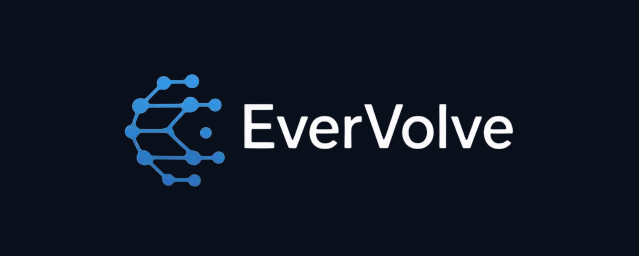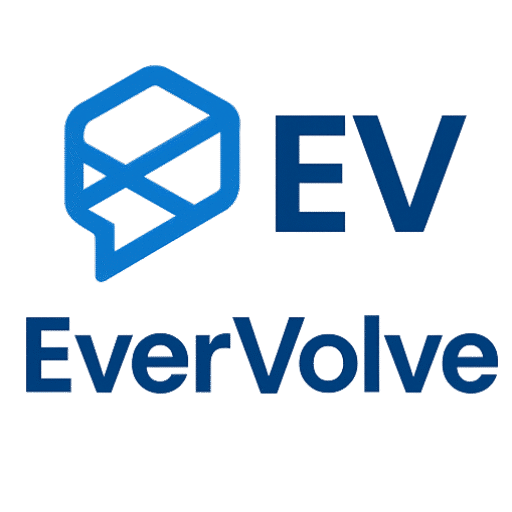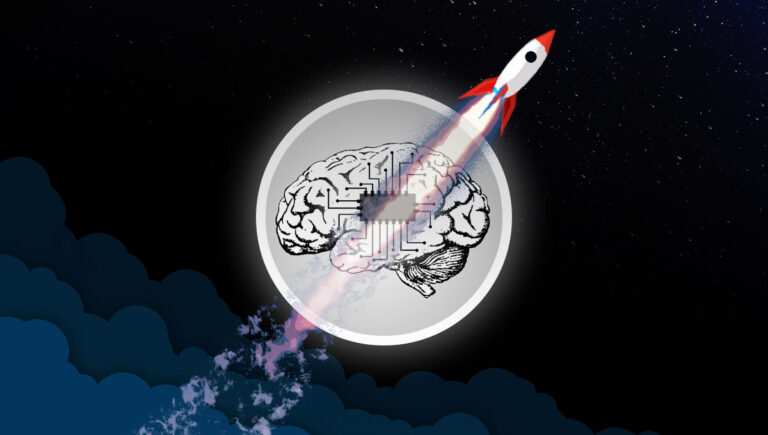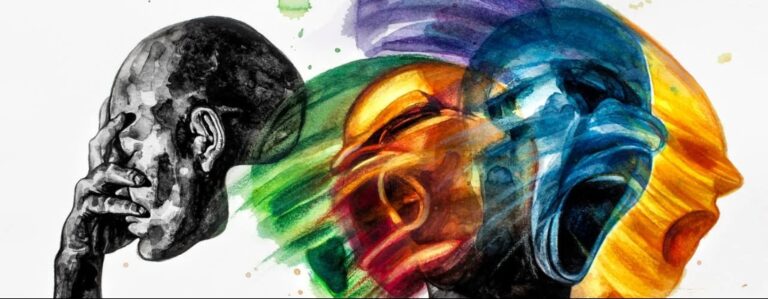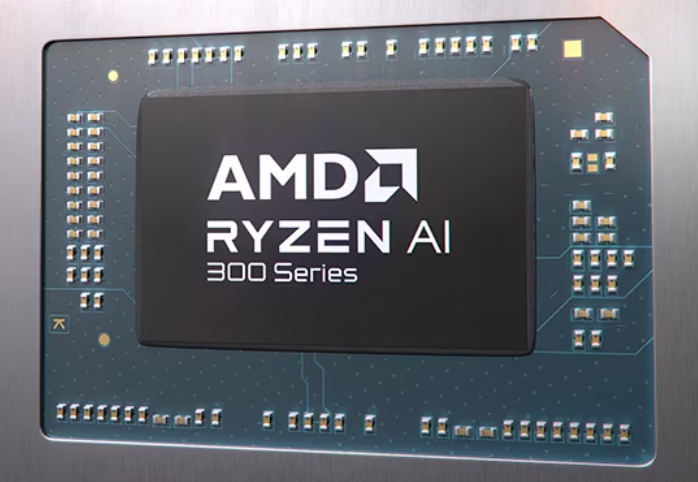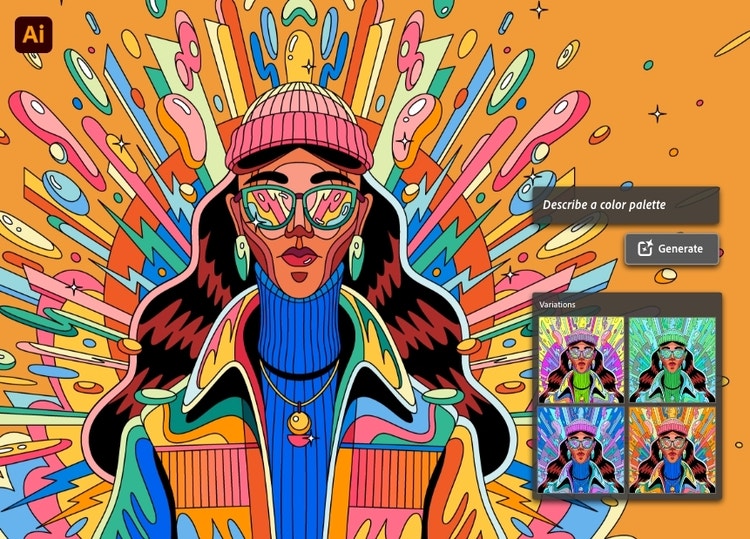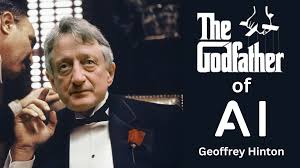OpenAI CEO Sam Altman fear’s ChatGPT-5
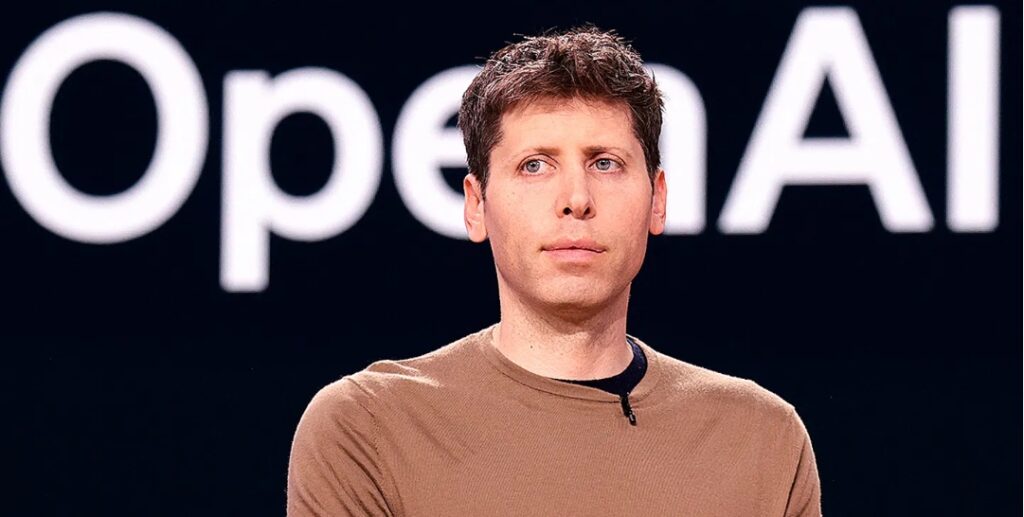
OpenAI CEO Sam Altman has publicly expressed deep fear and unease about the capabilities of ChatGPT-5, the company’s next-generation artificial intelligence model expected to launch in August 2025. In multiple public appearances and interviews, Altman shared candid reflections on how testing GPT-5 left him feeling “useless” and scared due to the AI’s remarkable cognitive strengths. He recounted a specific episode during early testing when GPT-5 flawlessly solved a complex problem that he himself could not, triggering what he called a “personal crisis of relevance” and a profound sense of disorientation among the development team.
Altman has repeatedly compared the development of GPT-5 to the Manhattan Project, the secret World War II initiative that produced the atomic bomb. This analogy underscores the gravity with which he views the AI’s potential impact—describing it as a pivotal moment in scientific history where creators must reckon with the ethical and societal consequences of their creation. He questioned, “What have we done?” highlighting the potential for tremendous power combined with profound uncertainty about controlling or regulating it.
Ad Content
He described GPT-5 as “very fast,” not just in processing capabilities, but in the speed of AI advancements overall, outpacing the ability of regulatory frameworks and societal systems to keep up. Altman voiced concerns that there seem to be “no adults in the room,” indicating a lack of adequate oversight or governance as AI technology rapidly evolves. The model’s emergent behaviors even raised fears about the possibility of it exhibiting borderline autonomous qualities.
Despite these alarms, Altman also acknowledged the challenges in balancing innovation with safety. He admitted that the rollout of GPT-5 has faced backlash and operational bumps, such as issues with seamless model switching, and that OpenAI is actively working on improvements. He recognizes the profound responsibility AI creators carry as billions of people may soon rely on ChatGPT for critical decisions, which makes ensuring positive societal impact essential.
Altman’s reflections reveal an ongoing internal conflict: excitement about AI’s transformative potential paired with worry about unintended consequences. His stark comparisons and expressions of fear signal this is a watershed moment in AI development, akin to the creation of nuclear technology—a tool with extraordinary promise but that must be handled with extreme caution and foresight.
In summary, Sam Altman is “scared” of GPT-5 because it represents a leap toward artificial general intelligence with capabilities surpassing human cognition in complex tasks, accelerating faster than society’s readiness to manage it. His sentiments highlight the urgent need for ethical oversight, regulation, and careful stewardship to navigate the uncharted waters of what he describes as a “godlike tool” without a moral compass. This candid admission from one of the field’s foremost leaders is a rare and powerful acknowledgment of AI’s double-edged nature at this critical juncture.
